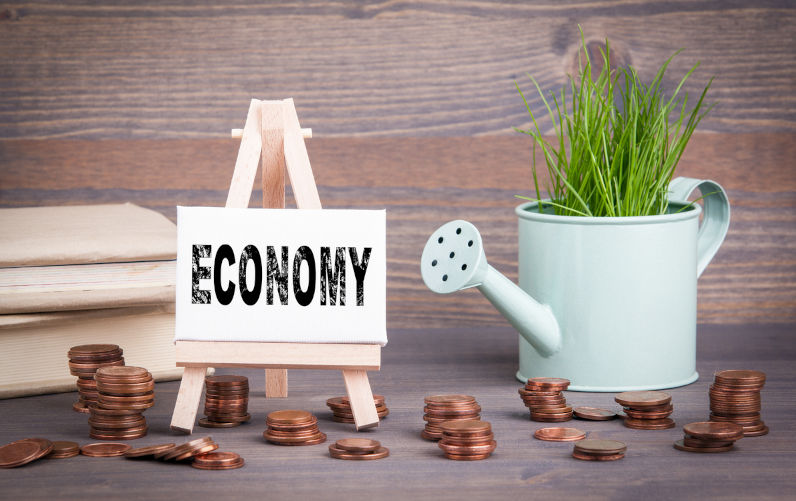Australia cannot survive unless it switches to a no-growth economy
July 14, 2025
Big financial institutions have concluded that global warming will not be contained to the limits agreed more than a decade ago and are examining ways of maintaining their profits in such a world.
A report in the Scientific American in March said Morgan Stanley, JPMorgan Chase and the Institute of International Finance were among the organisations that had come to this conclusion.
The institutions believe that global temperatures will rise by three degrees Celsius, leading to more harvest failures and severe droughts.
In this context, it needs to be asked: what if we prioritised our own environment instead of destroying it like much of the world?
Australia has a small population in a huge island continent far away from other countries. There are a multitude of land forms, latitudes and altitudes to select different environments for foods, crops, plants and animals.
Aboriginal knowledge of land and water and natural storage of water is a huge asset if we can sustain it. Additionally, we have optimal coastlines for desalination when needed.
The international body UNESCO has been given the role of shaping a sustainable future for humanity, by controlling the interactions between biodiversity, water, food, health and climate change. Much of the work is done by IPBES.
In December 2022, COP15 adopted the Kunming-Montreal Global Biodiversity Framework, the highlight of which was the “30 by 30” goal of conserving 30% of lands and seas for biodiversity purposes by 2030.
This idea was discussed at the next COP, with the talks being taken up again at the Food and Agriculture Organisation in Rome.
There, all parties to the biodiversity convention agreed to mobilise resources to close the global biodiversity finance gap and put by at least US$200 billion a year by 2030 for this purpose.
However, given that the environmental laws have not been updated for more than 20 years, the situation does not appear to be improving.
The economic system, tarred by neo-liberalism, needs to change into one where nature and stability of climate are the primary focus.
An increasing number of financial experts believe that neoliberalism is not far from wrecking the natural world and is changing political systems and society structures.
There are many economists and experts who embrace the change. This will accelerate with time through all the many impacts of damage to nature and the atmosphere. The estimated costs are already massive.
Thus, it seems best to organise things on our terms now and stabilise some essentials rather than the international collective.
Primarily, it is unceasing focus on growth that is doing the most damage. A no-growth economy will sustain nature as described by Professor Sir Partha Dasgupta in 2021 and subsequently ignored by the UK Government which commissioned his report.
Governments would need to explain to the people that survival depends on zero growth. The emphasis should be sustainability and self-sufficiency.
This task is the most difficult. Most MPs are unable to understand that biodiversity and ecology are the life-engine so how can they explain it? According to Dasgupta, our neoliberal current measurement of GDP includes the trees of our forest hotspots – a negative GDP.
Economic priorities include health services, housing development, ceasing land clearing and forest destruction, effective and science-based environmental regulation, and productivity initiatives based on minimal emissions. A more financially equal society is vital.
Health services have become more inadequate over past decades, particularly in the rich Western democracies like Australia, Canada, the UK and the US when one considers the rising incidence of poor mental health, aged care needs, infectious diseases and impacts from calamitous weather. Services will need to double by 2050 with emphasis in rural areas where initiatives for expected farming advances are made.
Housing development is much too slow and there is no evidence it will provide the needs of growing losses from climate change. Replacements after fire or flood usually take many years, adding to the health burden of the entire community. What is needed is instant houses – manufactured homes.
Our only hope is a “no growth” economy, including population, with growth reserved for the essentials that will sustain life, for example medicines, vaccines etc.
The government tells us that the AUKUS project will cost A$368 billion. That money will be needed for the true defence of our nation.
The views expressed in this article may or may not reflect those of Pearls and Irritations.


